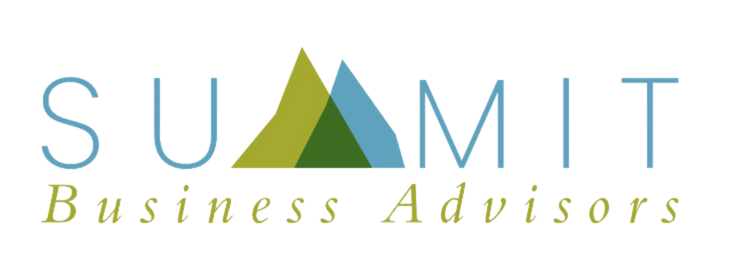The Top 5 Tips For Successful Project Accounting In The A/E Industry
Project accounting is an essential aspect of the A/E industry, helping businesses track and manage the financial aspects of their projects. Successful project accounting can help companies to stay on budget, meet deadlines, and optimize their operations. The top 5 tips for successful project accounting in the A/E industry include:
- Communicating with stakeholders
- Using project accounting software.
- Implement systems and procedures
- Tracking and managing project costs
- Automating tasks
#1. Use Project Accounting Software
Project accounting software is a tool that helps businesses track and manage their project costs, schedules, and budgets in real time. It provides a central repository for all project-related information, making accessing and analyzing data more manageable. Some popular project accounting software options include Microsoft Project, QuickBooks, and Deltek Ajera.
Project accounting software can help businesses save time and reduce errors by automating invoicing, payroll, and expenses. It can also help businesses monitor budget deviations and identify cost-saving opportunities. Additionally, project accounting software can help businesses track and report on key performance indicators (KPIs) such as project profitability and customer satisfaction.
#2. Track and Manage Project Costs
Properly tracking and managing project costs is crucial for success in the A/E industry. This includes tracking labor and material costs, monitoring budget deviations, and identifying cost-saving opportunities.
Tracking project costs helps businesses ensure that they are staying within budget and helps identify any potential issues before they become significant problems. It also allows businesses to accurately forecast future costs and identify areas where they can reduce expenses.
There are several ways businesses can track and manage project costs. One approach is to use project accounting software, which can help automate the process and provide real-time data on costs. Another system uses manual methods such as spreadsheets, which can be time-consuming but may be necessary for specific projects.
#3. Implement systems and procedures
Some of the challenges with implementing systems and procedures:
- Having a workflow process with tasks and duties assigned to each person involved, accounting manager, project manager, supervisor etc.
- Refining the process and sticking to it.
- Documenting processes so everyone knows how it’s done
The benefits are:
- Accounting processes go smoothly each month. Consistent repeatable processes
- Invoicing gets done much faster and consistently
- Alleviate the stress on one person usually the decision maker
- Everyone knows what to expect and the system can be relied upon to work and get results, which usually result in getting paid faster.
- System can be measured and managed
#4. Automate Tasks
Automation is using technology to automate tasks and processes. It can help businesses streamline operations, reduce errors, and save time.
In the A/E industry, automation can be used to automate tasks such as invoicing, payroll, and expenses. It can also be used to automate tasks such as project scheduling, budget tracking, and resource allocation.
There are several tools available for automating tasks in the A/E industry. Some popular options include Zapier, IFTTT, and Autofy. These tools allow businesses to create “recipes” that automate tasks based on specific triggers, such as the completion of a project or the receipt of a payment.
#5. Communicate with Stakeholders
Effective communication with stakeholders is crucial for successful project accounting in the A/E industry. Stakeholders include clients, team members, and partners, and it’s essential to keep them informed and updated on project progress and any issues that may arise.
There are several ways businesses can communicate with stakeholders in the A/E industry. One approach is to use project management software, which allows companies to collaborate with team members and partners in real time and share project-related information and documents. This can help ensure that everyone is on the same page and that any issues are addressed promptly.
Another approach is to use regular status updates and meetings to keep stakeholders informed. This could include weekly or monthly meetings to review project progress and address any issues that may have come up.
Effective communication is also about being responsive and timely. If stakeholders have questions or concerns, it’s essential to address them promptly and provide clear and concise information. This can help build trust and strengthen relationships with stakeholders.
Effective communication with stakeholders is essential for successful project accounting in the A/E industry. It helps ensure everyone is on the same page, that issues are addressed promptly, and that the project stays on track and within budget.
Summary
These tips can help businesses streamline operations, improve efficiency, reduce costs, and make informed decisions. Project accounting software can help automate tasks and provide real-time data on costs. Tracking and managing project costs helps businesses ensure that they are staying within budget and identifying any potential issues. Data analytics can help businesses track and analyze project performance and make data-driven decisions. Automating tasks can help businesses streamline their operations and save time. Finally, effective communication with stakeholders is essential for keeping everyone informed and addressing any issues that may arise. These tips can help businesses optimize their project accounting processes and ensure success in the A/E industry.
